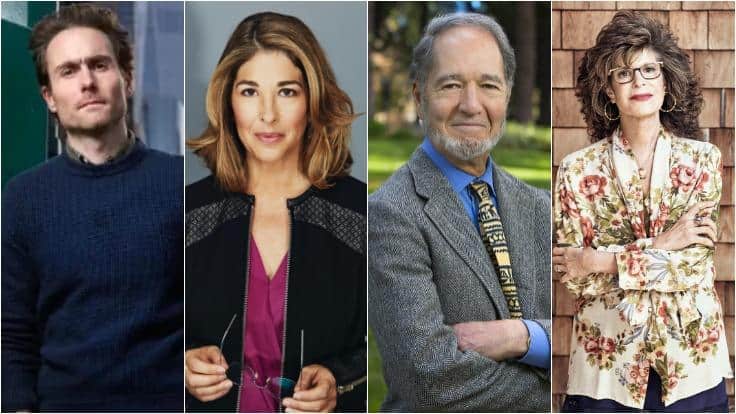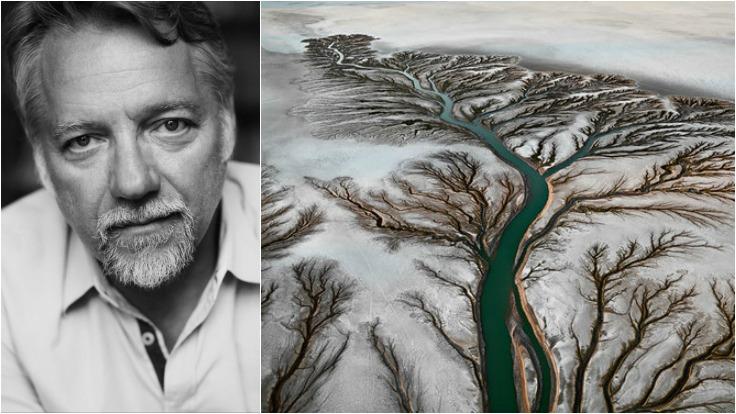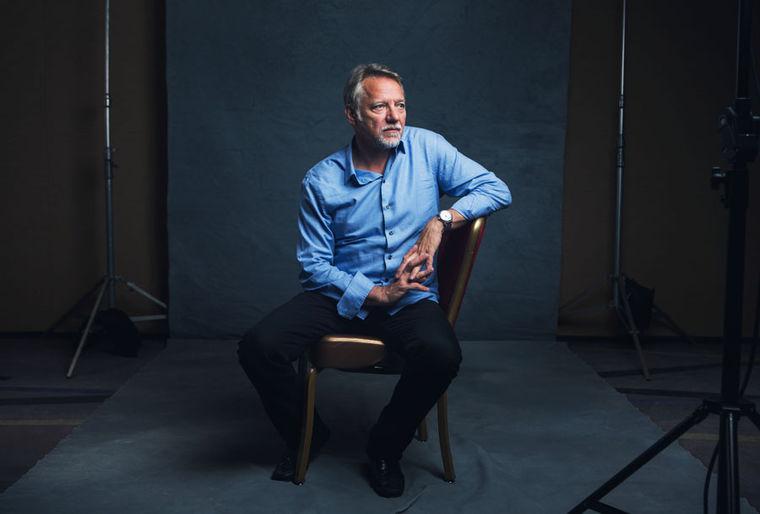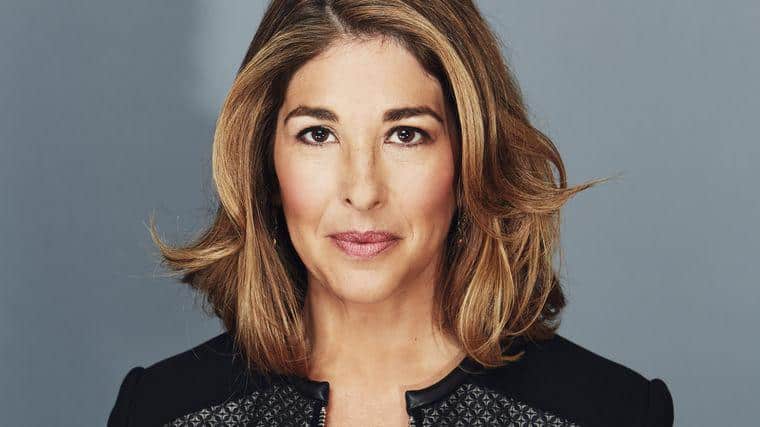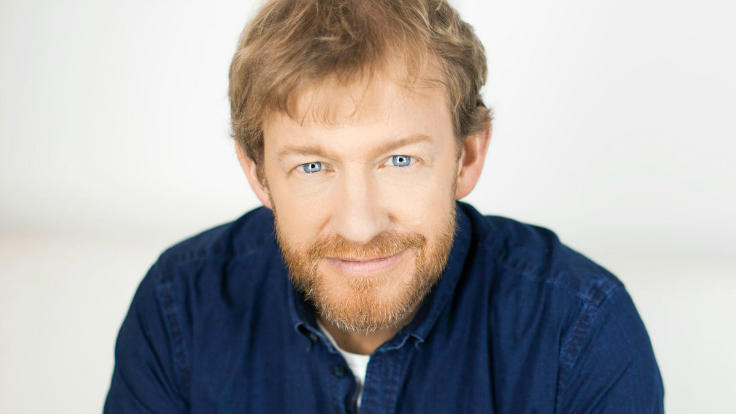Shoshana Zuboff, Jared Diamond, David Wallace-Wells, and Naomi Klein are undoubtedly some of the most interesting thinkers of our time—and Prospect recently named their newest books to their prestigious Best of 2019 series.
Shoshana Zuboff’s groundbreaking The Age of Surveillance Capitalism—called “an epoch-defining international bestseller” by Guardian—is also one of Prospect’s picks for the Best Books of Bold Ideas. And it’s no wonder— it’s already named one of TIME’s 100 Must-Read Books of 2019 and one of Bloomberg’s Best Books of 2019. Zuboff created the new term—surveillance capitalism—to describe our current era where private data has a price, and we’ve fallen behind on protecting ourselves from the corporations that aim to control our spending and social habits. The Age of Surveillance Capitalism is a fascinating, frightening, and powerful read. Zuboff urges leaders to pay attention, compels citizens to resist habituation, and explores how together, we can come up with innovative responses to an invasive new era.
Pulitzer Prize winning author Jared Diamond’s newest book, Upheaval, explores why some nations fail and others recover in the face of conflict. Connecting coping mechanisms more commonly associated with personal trauma to show how successful nations recover from crisis; his work offers a refreshing take on some of the most profound evolutionary questions of our time. Also on Prospect’s picks for Best Books of Bold Ideas, Diamond’s work explores how we can improve modern society from looking to the past, and interrogates the collective strides necessary to do so—before it’s too late.
Making their list of Best Science Books of 2019 is The Uninhabitable Earth, by David Wallace-Wells. A sweeping, vibrant, and alarming look at “what will the world actually look like” in the not-so-distant future. Already hailed in year-end acknowledgements by the likes the New York Times, GQ, and TIME, Wallace-Wells’ work made waves around the globe this year: pulling no punches and exploring the existential fear of environmental collapse in addition to its very real inevitability if we resist large-scale socioeconomic reform.
Also featured on Prospect’s year-end round up of notable science titles is the most recent offering from award-winning journalist and best-selling author Naomi Klein, On Fire. Her eye-opening writing on acute environmental decline exposes not only our past misdeeds, but our current failings leading to an unsustainable, unstable world. But it’s not all doom and gloom—Klein also explores compelling practical solutions and the fundamental realignment of the economy needed to ensure we have any future at all.
To book speakers Jared Diamond, Shoshana Zuboff, David Wallace-Wells, and Naomi Klein, contact The Lavin Agency, their exclusive speakers bureau.
